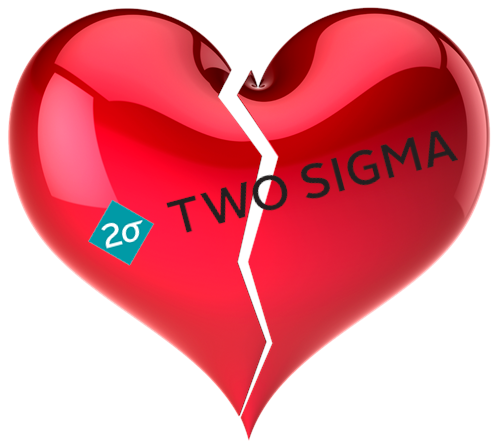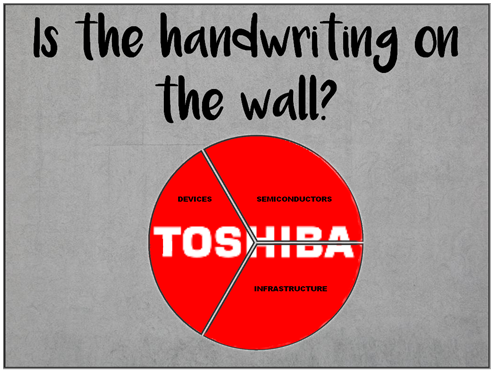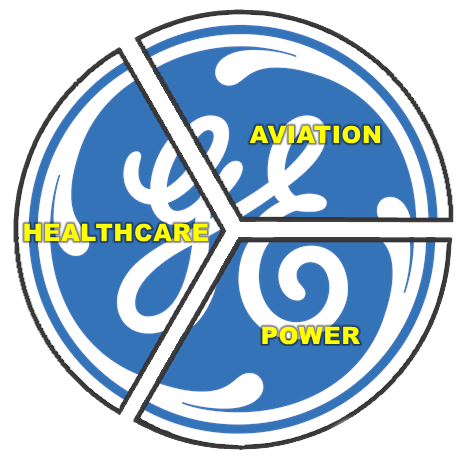New York, New York-based Two Sigma Investments, a hedge fund specializing in quantitative technological trading strategies, has announced a 10% reduction in its workforce.
The reduction impacts 200 employees following the firm's strategic review.
According to a company spokesperson, “This area-specific review has revealed that our business is strong and poised for continued growth. We have also discovered opportunities to more effectively direct our resources to areas that will drive the most value.”
Hedge fund Two Sigma is facing a massive fine, up to $100 million, to resolve a U.S. Securities and Exchange Commission trading scandal investigation involving employee misconduct that resulted in hundreds of millions of dollars in losses and profits.
Change is coming. There will always be a tomorrow, no matter how much you may try to ignore it. There are no guarantees in life or promises for a bright future. We see good people being laid off through no fault of their own. Just because something terrible hasn't happened yet doesn't mean it won't. It can happen to anyone, anytime, anywhere. No one is guaranteed to wake up tomorrow and still have a job by evening. While many employees can read the writing on the wall, why do most assume it’s targeted at someone else? Are you now wondering, Am I Next?



